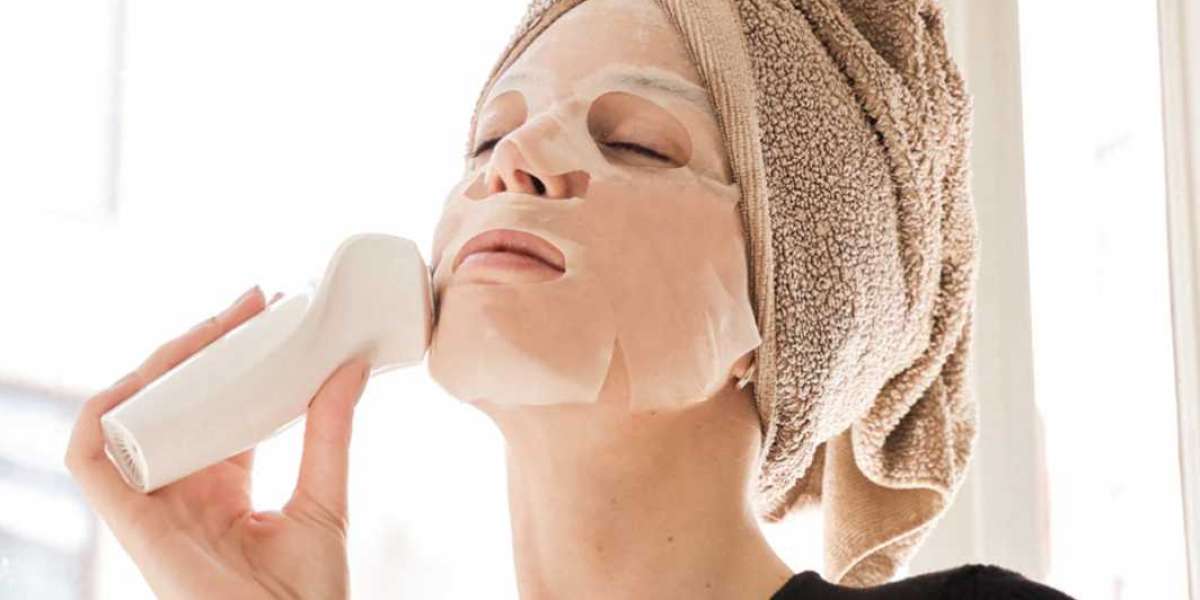Sensitivity to Ingredients:
- Chemical Sensitivities: Individuals with chronic illnesses, especially those affecting the skin or immune system, may be more sensitive to certain cosmetic ingredients. Harsh chemicals, fragrances, or allergens commonly found in cosmetics can trigger adverse reactions or exacerbate existing health issues.
Compromised Immune Function:
- Weakened Immune System: Some chronic illnesses, such as autoimmune diseases or conditions involving immunosuppressive treatments, can weaken the immune system. This makes individuals more susceptible to infections or allergic reactions that may be triggered by cosmetic products applied to the skin.
Medication Interactions:
- Topical and Systemic Medications: Individuals with chronic illnesses often use topical or systemic medications as part of their treatment. Certain cosmetic ingredients may interact negatively with these medications, either reducing their effectiveness or causing unintended side effects.
Skin Conditions Aggravation:
- Exacerbation of Skin Conditions: Chronic skin conditions, such as eczema, psoriasis, or rosacea, can be aggravated by the use of certain cosmetics. Ingredients that cause irritation or allergic reactions may worsen existing skin conditions, leading to discomfort and flare-ups.
Overwhelming Sensory Input:
- Sensory Overload: Some chronic illnesses, particularly those affecting the nervous system or causing sensory sensitivities, may make individuals more prone to discomfort from the sensory aspects of cosmetics, such as strong scents or textures.
Fatigue and Energy Conservation:
- Limited Energy Resources: Chronic illnesses often come with symptoms like fatigue and limited energy. The application and removal of cosmetics can be physically demanding, potentially causing exhaustion or contributing to a decrease in overall well-being.
Individual Variation:
- Unique Responses: Individuals with chronic illnesses vary widely in their responses to cosmetics. What might be well-tolerated by one person may cause adverse effects in another, depending on the specific nature of the chronic condition and its impact on the individual's health.
Psychological Impact:
- Emotional and Mental Well-being: Chronic illnesses can take a toll on emotional and mental well-being. Some individuals may find that the application of cosmetics adds an additional layer of stress or pressure, impacting their overall quality of life.
The convergence of cosmetics and chronic illness is fraught with complexities and potential health risks, largely attributable to the interplay of physiological, immunological, and pharmacological factors. The technical intricacies contributing to the incompatibility between cosmetics and chronic illness include:
Immune System Impairment:
- Immunosuppression: Chronic illnesses, particularly those necessitating immunosuppressive therapies, compromise the immune system's ability to mount a robust defense against external stimuli. Cosmetics, laden with potential allergens and irritants, can precipitate adverse reactions in individuals with compromised immunity.
Dermal Sensitivity and Allergen Exposure:
- Cutaneous Hyperreactivity: Chronic illnesses often manifest cutaneous hypersensitivity, rendering individuals more prone to allergic reactions upon exposure to cosmetic ingredients. Common allergens, such as fragrances and preservatives, can exacerbate skin conditions and induce dermatological distress.
Medication Interactions:
- Pharmacokinetic Interference: Pharmacokinetic interactions between cosmetics and systemic medications may alter drug absorption, distribution, metabolism, or excretion. This interference can compromise therapeutic efficacy or potentiate adverse effects, posing a risk to individuals reliant on chronic medication regimens.
Exacerbation of Dermatological Conditions:
- Aggravation of Skin Pathologies: Individuals with chronic skin conditions, such as psoriasis or eczema, face heightened vulnerability to cosmetic-induced exacerbations. The inclusion of irritants or allergens in cosmetics may trigger inflammatory responses, intensifying existing dermatoses.
Potential Neurological Impact:
- Neurological Sensitivities: Some chronic illnesses involve neurological manifestations, leading to heightened sensory sensitivities. The sensory overload induced by cosmetic products, encompassing scents, textures, and tactile sensations, can be overwhelming for individuals with neurological disorders.
Energy Conservation Challenges:
- Physical Fatigue: Chronic illnesses often accompany symptoms such as chronic fatigue, limiting individuals' physical energy reserves. The application and removal of cosmetics demand physical exertion, potentially exacerbating fatigue and impeding energy conservation strategies essential for managing chronic conditions.
Psychosocial Stressors:
- Psychological Strain: Chronic illnesses impose substantial psychosocial burdens. The pursuit of cosmetic routines may introduce additional stressors, influencing mental well-being. The psychological impact of managing chronic illness can render cosmetic application a potentially distressing endeavor.
Unique Disease Variability:
- Heterogeneous Responses: Chronic illnesses exhibit substantial heterogeneity, with varied symptomatology and disease trajectories among individuals. Responses to cosmetics are likewise diverse, necessitating personalized evaluations to discern the unique interplay of chronic illness and cosmetic use.
Ethical Considerations:
- Animal Testing and Ethical Dilemmas: Cosmetics historically underwent animal testing for safety assessments, presenting ethical concerns. Individuals with chronic illnesses may be particularly attuned to these ethical considerations, further complicating the ethical landscape of cosmetic usage.
Navigating the intersection of cosmetics and chronic illness demands a multidisciplinary approach, encompassing dermatological consultations, pharmacokinetic assessments, and considerations of individualized responses. Incorporating alternative testing methodologies and prioritizing ethical practices are pivotal in reconciling cosmetic use with the intricacies of chronic health conditions.








